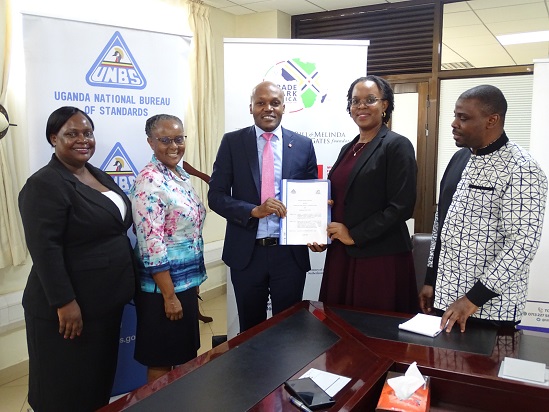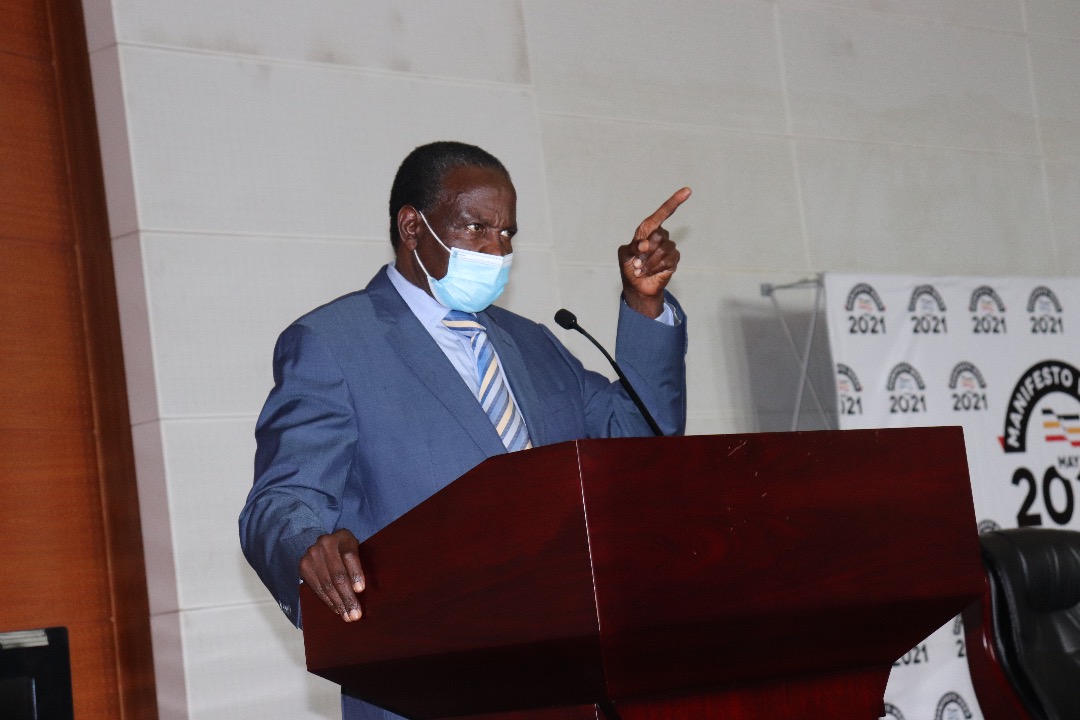Government has stopped all private and government-funded schools from increasing tuition fees.
The decision comes at a time when many schools in the country had opted to increase fees as a way to raise money to pay back school loans.
The Minister of Education stopped schools from asking parents to pay top-up fees for learners in Senior Three. Many schools in Kampala and Wakiso were asking parents to pay between 600,000 and 900,000 Shillings on average as a top-up.
Janet Kataha Museveni, the Minister of Education and Sports in a televised address asked all schools to cease increasing fees or ask parents of learners in S.3 to pay top-ups and maintain the fees structures as they were before the first COVID-19 induced Lockdown.
Janet also noted that schools should stop from undertaking big Infrastructure projects and desist from instituting unnecessary requirements such as mandatory covid-19 tests.
According to the minister, all this is increasing the cost of education yet they are not critical.
Many school circulars that URN has seen, the schools defended the increment citing loan payments and school maintenance costs. However, some heads of schools say the increase in fees is inevitable since many schools suffered during the lockdown.
Geoffrey Birungi, the headteacher of Mbarara Secondary School says the need for top-ups is justified. He says many schools remained spending money in the lockdown and learners to return to school without paying anything is unrealistic.
Birungi says although his school has not yet increased fees, he thinks the way forward on the issue will be decided after a parents’ meeting.
He says that the matter of school charges and fees can be handled better by involving all stakeholders to agree on the flexible payments and also come up with appropriate installments that a parent or guardian can pay given the circumstances.
Filbert Baguma, the Secretary-General of UNATU says schools need to be considerate. He says although schools have suffered financially with the prolonged closure, parents are equally affected.
Some parents have welcomed the government’s stand however many are not sure if schools would adhere to the directives.
“My granddaughter is in S3 but was asked in a message to go with 400,000 shillings or else the children would not be allowed into the schools. Am happy by what the minister said but these Ugandan schools are greedy. I doubt they will allow us to enter without paying anything,” said Elizabeth Kyomuhendo.
One private school owner who preferred to remain anonymous to freely comment on the matter noted that the government cannot decide on how private schools charge fees. The school owner argued that with COVID-19 effects on the sector, the government has failed to offer relief packages to stressed schools.
“How will schools survive? Government failed to give us a hand. We are on a sinking boat and nobody is considering our plight,” he noted.
Although the government has not given out cash relief packages to schools as they had demanded, there have been several offers given to schools. For instance, the government through the Bank of Uganda has stopped banks from collecting interests from loans acquired by schools prior to the lockdown.
But, in many circulars seen by our reporters, schools justify the need to increase school fees by noting that they have been paying interest on loans they had acquired from banks.
Meanwhile, the education ministry is frustrated by the traditional schools which are aided by the government in paying their teachers, infrastructure developed, and buying scholastic materials but still charge parents higher than many other private schools.
“This madness should stop. Government supports these schools nearly in everything. But look at their fees structures. They impose inflexible, exorbitant fees charged under PTA. They are always creating ways of soliciting money from parents. This time around we are determined to end this,” Ismeal Mulindwa, the director in charge of basic education at the education ministry noted on Thursday.
–URN





